POV on the role of government in society.
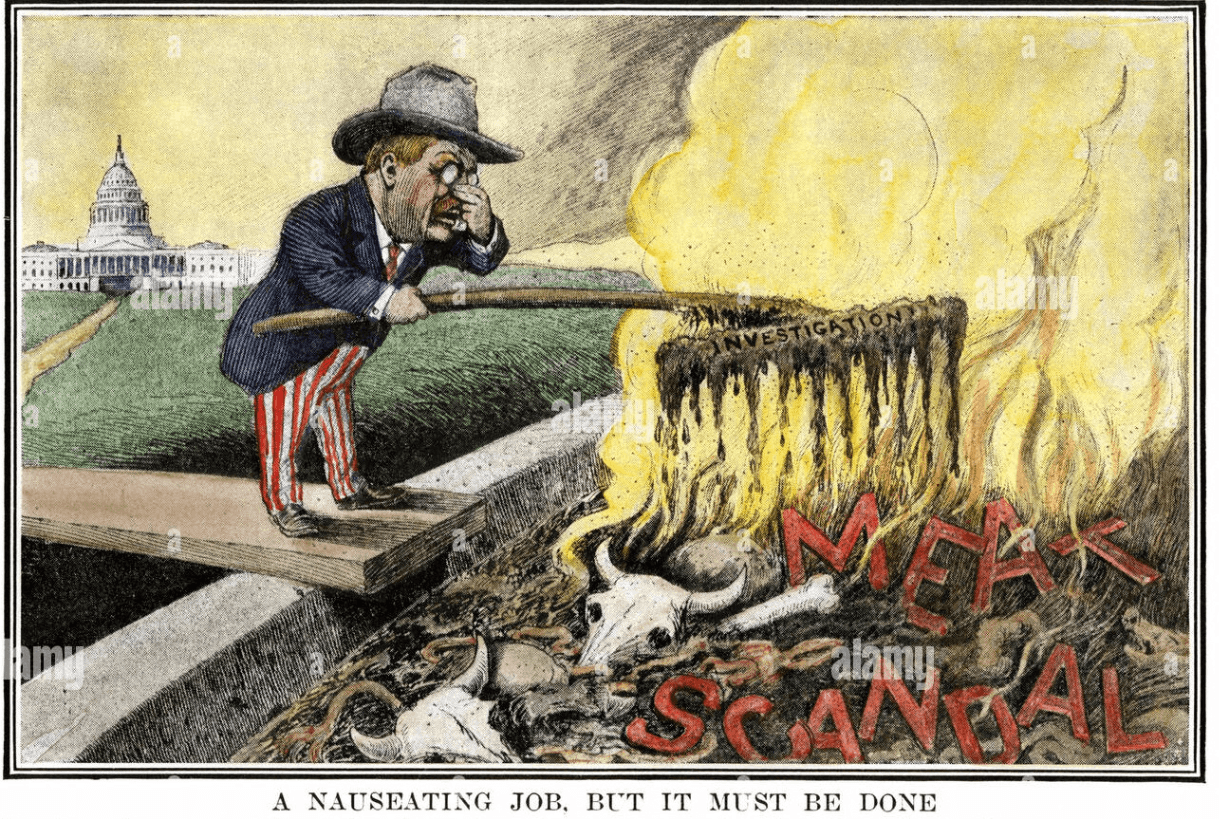
Should be increased, TR protects the consumer (Square Deal). Result of laissez faire policies causing societal problems
Identify Purpose
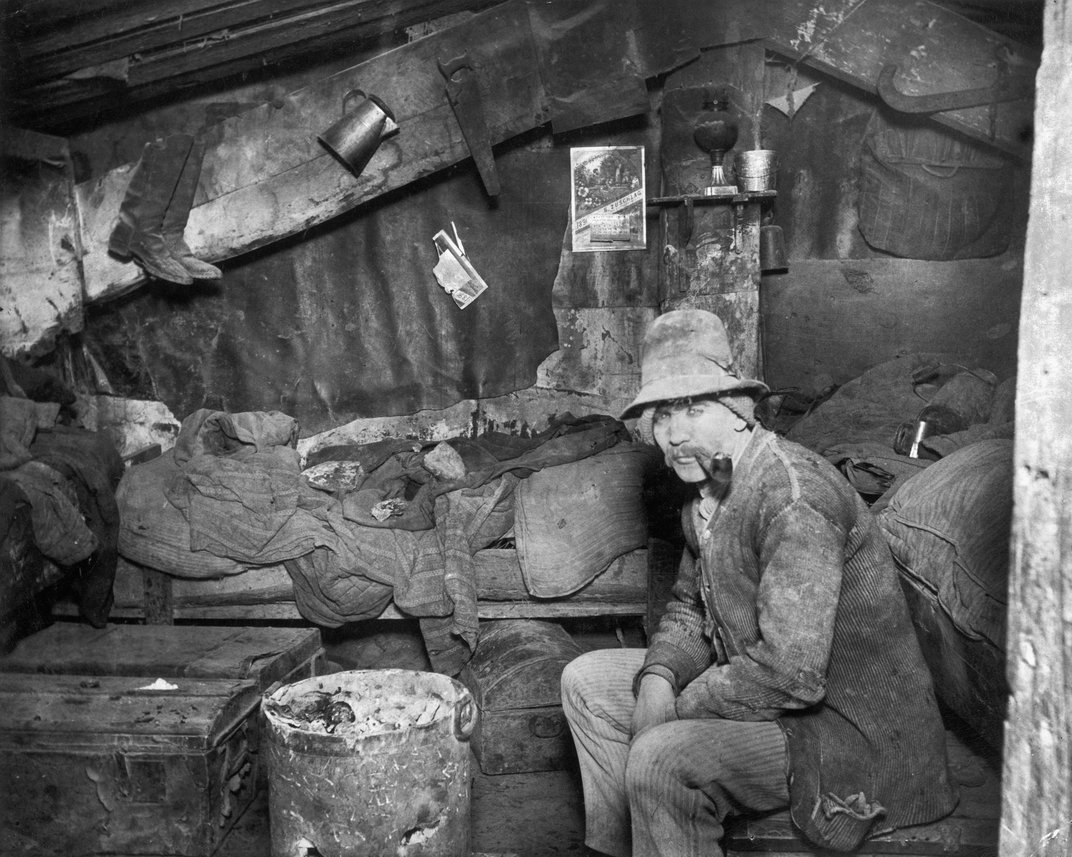
Source: Jacob Riis
Draw outrage to the problems of urban society and the tenement buildings. How the Other Half Lives
Tenement housing reforms to address poor conditions through muckraking journalism
Historical Context - 1877 - 1914
The strongest reason for giving woman all the opportunities for higher education, for the full development of her faculties, forces of mind and body; for giving her the most enlarged freedom of thought and action; a complete emancipation from all forms of bondage, of custom, dependence, superstition; . . . is the solitude and personal responsibility of her own individual life. The strongest reason why we ask for a woman a voice in the government under which she lives; in the religion she is asked to believe; equality in social life, where she is the chief factor; a place in the trades and professions, where she may earn her bread, is because of her birthright to self-sovereignty; because, as an individual, she must rely on herself.
Elizabeth Cady Stanton, “The Solitude of Self,” speech given to the Committee of the Judiciary of the United States Congress, 1892.
Declaration of Sentiments, 1848 - use of the Declaration of Independence to support ideology, written by Stanton but too early for the period. Cult of Domesticity is from 1820 - 1840
Women Suffrage Amendment proposed to Congress, 1878
1890- NWSA & AWSA merge to create the National American Woman Suffrage Association
1896- Founding the National Association of Colored Women's Clubs
Effect
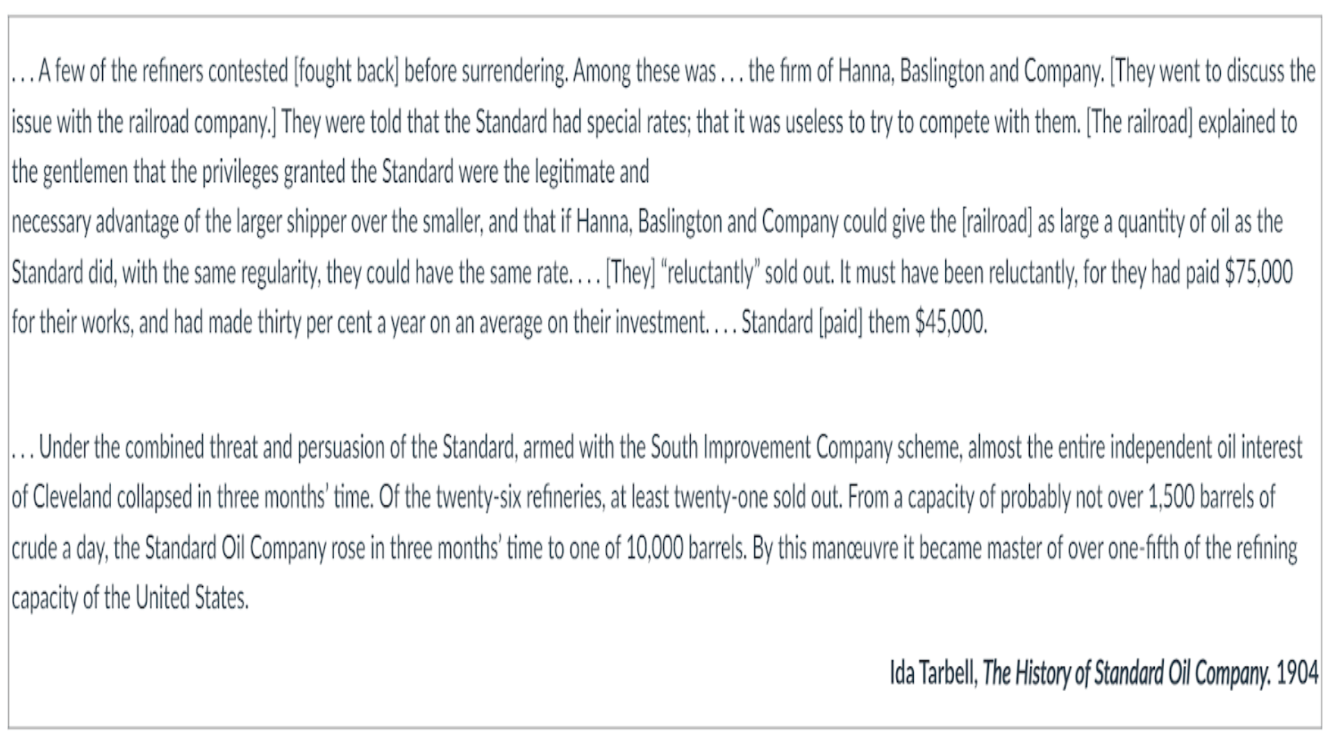
Northern Securities, increase ICC protections/Regulations. Federal power expansion
Explain ONE specific outcome of Progressive Era debates about the role of government.
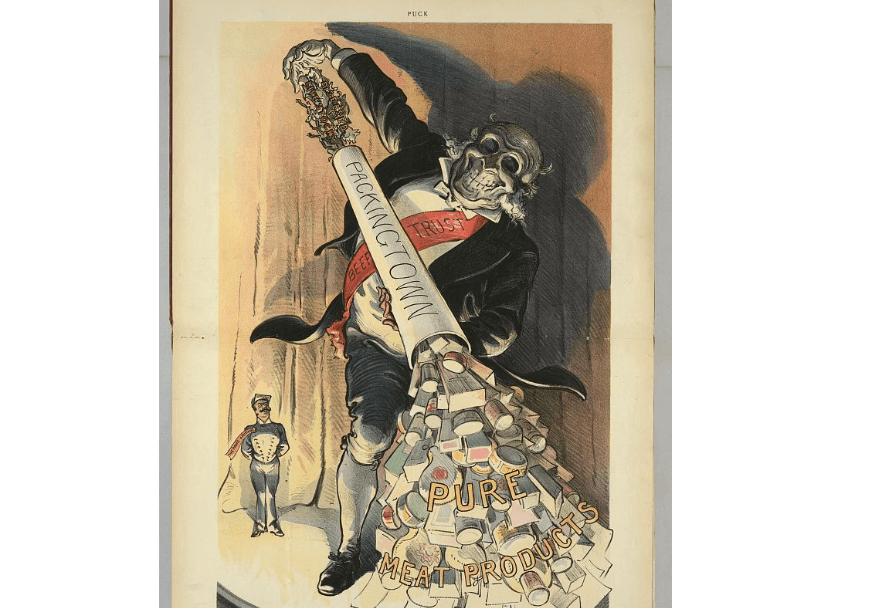
Meat inspection act because the it increases their role. Strict standards
Intended Audience
Knowing as educators do that thousands of the city youth will enter factory life at an early age as early as the state law will permit; instructed as the modern teacher is as to youth’s requirements for normal mental and muscular development, it is hard to understand the apathy in regard to youth’s inevitable experience in modern industry. Are the educators, like the rest of us, so caught un admiration of the astonishing achievements of modern industry that they forget the children themselves?
Source: Jane Addams. The Spirit of Youth and the City Streets. 1909
Urban youth, young mothers, immigrants, critics of tenements, supports of the Bull Moose Party/TR/Republicans
What is the author's POV?
Do not look to [corrupt] lawmakers to restrain corporations within proper limits. Do not look to such lawmakers to equalize the burden of taxation. . . .
No, begin at the foundation, make one supreme effort—even under the present bad system—to secure a better set of lawmakers. Rally to the caucuses and conventions, each with the party in which he believes. Secure one victory, if possible, over the machine, elect men who will pass a primary election law which will enable the voter to sell the candidate of his choice without the intervention of caucuses or convention of the domination of the [political] machine. Do this and your officers will respond to public opinion. Do this and the reforms you seek will be within easy reach.
Source: Robert M. La Follette, Republican United States Representative, speech while campaigning to become governor of Wisconsin, 1897.
He is known for establishing primary elections and tax reforms. Aggressive Democracy, would support recalls and expanding democracy. Control over corrupt elected officials like Boss Tweed and the political machines.
POV
“Industrial education for the Negro is Booker T. Washington’s hobby…
“That one of the most noted of their own race should join with the enemies to their highest progress in condemning the education they had received, has been to…[college educated Negroes] a bitter pill….
“No human agency can tell how many black diamonds lie buried in the black belt of the South, and the opportunities for discovering them became rarer everyday as the schools for thorough training became more cramped and no more are being established.
“Does this mean that the Negro objects to industrial education? By no means. It simply means that he knows by sad experience that industrial education will not stand him n place of political, civil and intellectual liberty, and he objects to being deprived of fundamental rights American citizenship to the end that one school for industrial training shall flourish. To him it seems like selling a race’s birthright for a mess of pottage.”
Source: Ida Wells Barnett, a Black civil rights activist, feminist, and newspaper editor, “Booker T. Washington and His Critics” (1904).
Opposed Booker T Washington, supporter of WEB du Bois. She believed that his ideology wouldn't support economic prosperity. She also advocated against segregated schools in Chicago. Muckraker that sheds light on conditions of African Americans, anti-lynching NAACP appointment, but didnt approve of majority white leadership. (Leaves in 1912)
Intended Audience
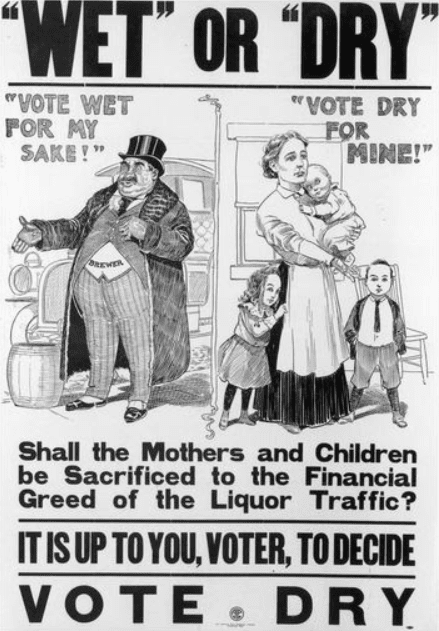
Led by white, Protestant women reforms. "teetotalers".
*Against: Saloon owners, US Brewers Association, distillers
Explain ONE historical development
Assembled on the anniversary of the birthday of the nation . . . , we seek to restore the government of the Republic to the hands of “the plain people,” with which class it originated. . . .
We demand that postal savings banks be established by the government for the safe deposit of the earnings of the people and to facilitate exchange. . . .
Transportation being a means of exchange and a public necessity, the government should own and operate the railroads in the interest of the people. The telegraph and telephone, like the post office system, being a necessity for the transmission of news, should be owned and operated by the government in the interest of the people.
The land, including all the natural sources of wealth, is the heritage of the people, and should not be monopolized for speculative purposes.
Source: People’s Party (Populist Party) Platform, adopted in Omaha, Nebraska on July 4, 1892.
Interstate Commerce Commission, anti-trust legislation (Sherman Anti-trust Act), Alien Land Act, 1913
Purpose
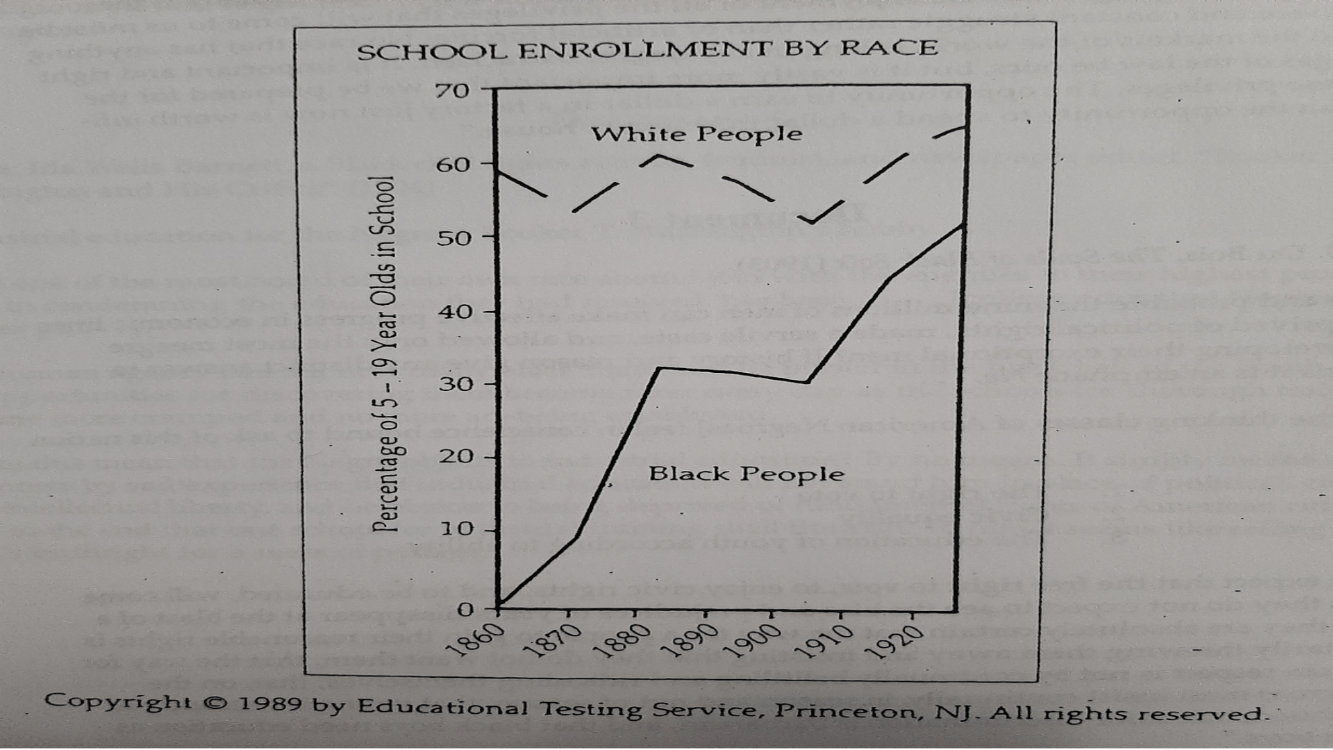
Social Stratification between Whites and Blacks in terms of educational opportunities, less focus on black progressivism and still Jim Crow and less funding.
Explain the Historical Context
First let me tell you something about the way we work. . . . The girls have to be at their machines at 7 o’clock in the morning and they stay at them until 8 o’clock at night, with just one-half hour for lunch in that time. . . .
. . . There is just one row of machines that the daylight ever gets to. . . . The girls at all the other rows of machines back in the shops have to work by gaslight, by day as well as by night. Oh, yes, the shops keep the work going at night, too.
The bosses in the shops are hardly what you would call educated men, and the girls to them are part of the machines they are running. . . .
Source: Clara Lemlich, leader of a strike by the International Ladies’ Garment Workers’ Union in New York City, “Life in the Shop,” New York Evening Journal, 1909.
Triangle Shirtwaist Factory, unsafe working conditions that lead to preventable deaths. Helped support the raise of labor unions that supported women
One example that supports Sklar's argument
“Women’s collective action in the Progressive era certainly expressed a maternalist ideology [a set of ideas that women’s roles as mothers gave them a responsibility to care for society as well]. ... But it was also sparked by a moral vision of a more equitable distribution of the benefits of industrialization. ... Within the political culture of middle-class women, gender consciousness combined with an awareness of class-based injustices, and talented leaders combined with grass-roots activism to produce an impressive force for social, political, and economic change.”
— Kathryn Kish Sklar, historian, “The Historical Foundations of Women’s Power in the Creation of the American Welfare State,” Mothers of a New World, 1993
Triangle Shirtwaist Factory increase of women labor, Suffrage movement and moral protection of the US through voting, Temperance Movement and support of the protection of the familial unit
Historical context - 1977 - 1918

Increase of funding for AA schools, Tuskegee Institute, Talented 10th
Compulsory Education - National Child Labor Committee, 1904
Wilson Limiting Interstate goods from the use of Child Labor, reduce working hours, 1916 -Unconstitutional Hammer v. Dagenhart, 1918
1880 Act - made education compulsory until the age of ten. School Attendance Act 1893
Purpose
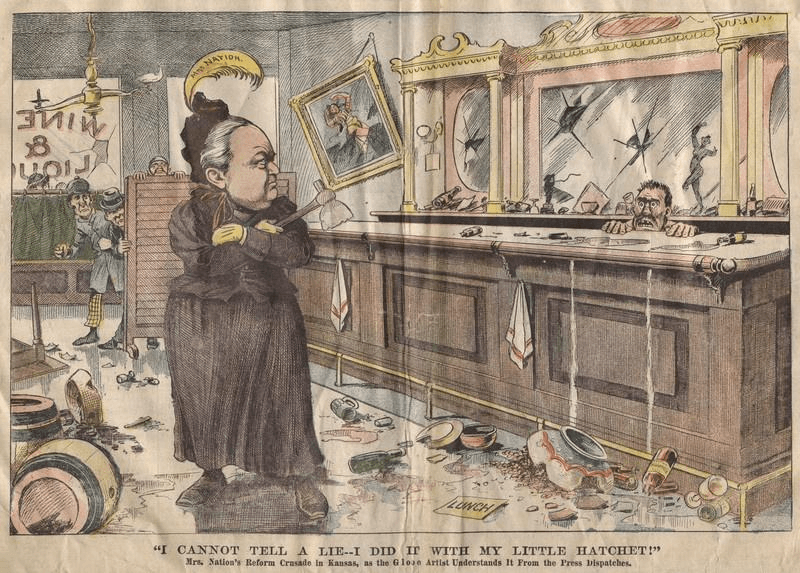
"All Nations, but Carrie welcomed" became barroom phrases after she left non-violent means to support the temperance movement.